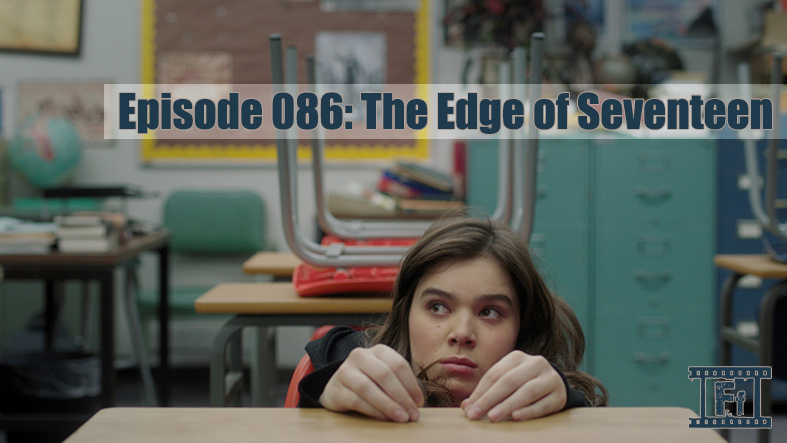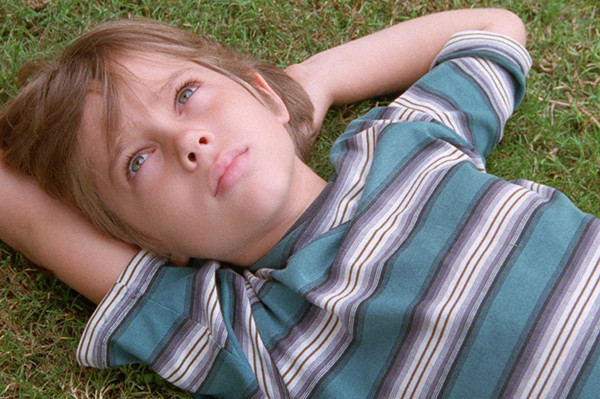coming-of-age: the attainment of prominence, respectability, recognition, or maturity
As we prepared for our recent conversation about Almost Famous, we began to realize how deeply our affection for this genre of storytelling goes. The more we thought about it, many films that deal with the growth of a protagonist from youth to adulthood resonate strongly with us. Perhaps it is because of the focus on dialogue over action, or the fact that many are set in past eras that we either enjoy remembering or like to visit. And perhaps it also has something to do with the positive nature of these tales. They rarely have a “villain” and almost always end in some kind of hope. Here at Feelin’ Film, that’s a recipe for goodness.
So, we decided as a staff to bring you a few words on some of our favorite coming-of-age movies. Please comment in our Facebook group or here on the blog and let us know what your favorites are… and most importantly, why.
Aaron (Reality Bites): I can’t remember a time that I wasn’t heard over heels in love with one of my absolute favorite coming-of-age stories, Reality Bites. This film is not usually mentioned among “the greats,” but upon its release in 1994 (which happened to be my Freshman year of high school) it captured my attention completely. While some may see this as just a tale of slackers and the precursor to what we now call hippies, there was something incredibly relatable about the characters and their struggle to find a place in a post-college world. One of the primary reasons I fell in love with Reality Bites was the dialogue. This introduced me to sharp, witty, and smart writing. It had characters that looked like just lazy bums but that clearly had high intelligence and deep emotions. It also launched a lifelong favoritism of Ethan Hawke as an actor. Throw in one heck of an awesome soundtrack for good measure, too. I’ve probably watched this film more than any other single coming-of-age tale and the character of Troy informed the intelligent sarcasm I sometimes spit today. If you missed this one or skipped over it, check it out. You might just be surprised.
Patrick (The Outsiders): This film was my first exposure into the coming-of-age movie genre, even though I didn’t know what that was at the time. It was a movie introduced via English class seeing as how it originated from a book. What drew me into the story though was this kid named “Ponyboy” Curtis, a guy whose struggle with identity, with wanting to be more than a greaser from the other side of the tracks, is a story that resonates with so many people, me included. Identity, especially during adolescence is a huge question mark for a person. Ponyboy’s life is no different, but what I think makes him unique is his intentional fight to be defined by more than where he comes from, by more than the label he is attached to. He’s different from his brothers and his greaser friends. He writes, he likes poetry. In some ways, he and his relationship with Cherry Valance serve as the bridge between the Greasers and the Socs. At the same time, he says “I lie to myself all the time, but I never believe me.” He can’t get away from the life he has, but he can’t deny who he really is. It’s this duality that lives in a lot of coming-of-age stories, the struggle that comes from just growing up and losing the innocence of youth, being exposed to a world that is harsh and dishonest. But one of my favorite lines from the book and the movie comes from Ponyboy’s best friend Johnny, who reminds him to “stay gold,” to hold onto that youthful ideology and not let it change who you are. Stay gold Ponyboy. Stay gold!
Don (The Way, Way Back): Every so often, a little movie you didn’t see coming hits you square in the chest, surprises you for its quality, and completely satisfies the emotional investment and trust you put into it. This effect is especially evident with the memorable coming-of-age films we grow to cherish. That punch happened to me in 2013 with The Way Way Back. It harked back to my own teenage shell and the motivators that helped me find the release of youthful exuberance that led to little life milestones. When we watch a film like The Way Way Back, there’s a good chance we can all pinpoint one great summer, one great trip, or even one great week, where we broke through our own personal glass ceilings. Mine was the summer of 1996 between my junior and senior years of high school where movie-going became my new place of solace to experience two-hour mini-vacations that took me away from real life. That summer started my journey as a movie lover and I’ve looked back on it fondly since.
Steve (Can’t Buy Me Love): Not all quirky teen comedies from the 80’s are mired in the tradition of using boobs and butts as plot points to ultimately reach, well, nowhere really. Some actually dare to teach us something, as Can’t Buy Me Love (1987) does by stepping outside that formula. The story of Ronald Miller’s (Patrick Dempsey) rise from geekdom to chicdom, only to be outcast again when he’s called out as fake news, serves to remind us of the perils in navigating the choppy waters of high school cliques from upon a throne of deceit. So obsessed is Ronald in being able to play in the same sandbox as the cool kids, he’s willing to bankroll a faux friendship with the least attainable girl on campus, Cindy Mancini (Amanda Peterson); head cheerleader, suburban elitist, and poor negotiator of clothing store return policies. With his real friends barely an afterthought while he revels in his new found social status, Ronald essentially ensures he has nowhere to fall back upon as things begin to unravel. It takes a second stint as a social pariah to make Ronald understand that the line in the sand between “our side” and “their side” is a societal construct of immaturity and insecurity. That the kids we played in our treehouse with in elementary school would turn against us a few years later, using metrics such as the ‘ability to throw a football’ or ‘be seen in the trendiest fashions’ as measurements for assigning roles in the teenage caste system, speaks loudly even today in a society self absorbed in keeping up with the Jones’. The fact Can’t Buy Me Love understood this and tackled it thirty years ago, not as a cliche but as a cautionary tale, is significant. Ronald Miller’s journey to self awareness is not easy for him or those around him, but the lessons he gleans resonate, and the themes of the film remain culturally relevant to this day.
Jeremy (The Sandlot): Much of my childhood was defined by baseball. I remember the joy I felt watching the 1985 World Series, taking batting practice with my grandpa, being picked up from school early to watch the Kansas City Royals on opening day and my dad bare-handing a line drive foul ball at the College World Series to snag a souvenir. Considering this, it should come as no surprise that my favorite coming of age film is 1993’s The Sandlot. In The Sandlot, writer and director David Evans manages to find the perfect combination of 60’s nostalgia, the angst of being the new kid, the joy of belonging, childhood mythology, James Earl Jones and Wendy Peffercorn. As a shy kid who had found a place to belong on the diamond, The Sandlot spoke to me when I was young and has continued to remind me of simpler times as I’ve grown into an adult. And of course, who can’t remember a time where they got themselves in a pickle and needed a few buddies to help them out.
Thanks for reading! We’re excited to hear your picks and stories. – Feelin’ Film

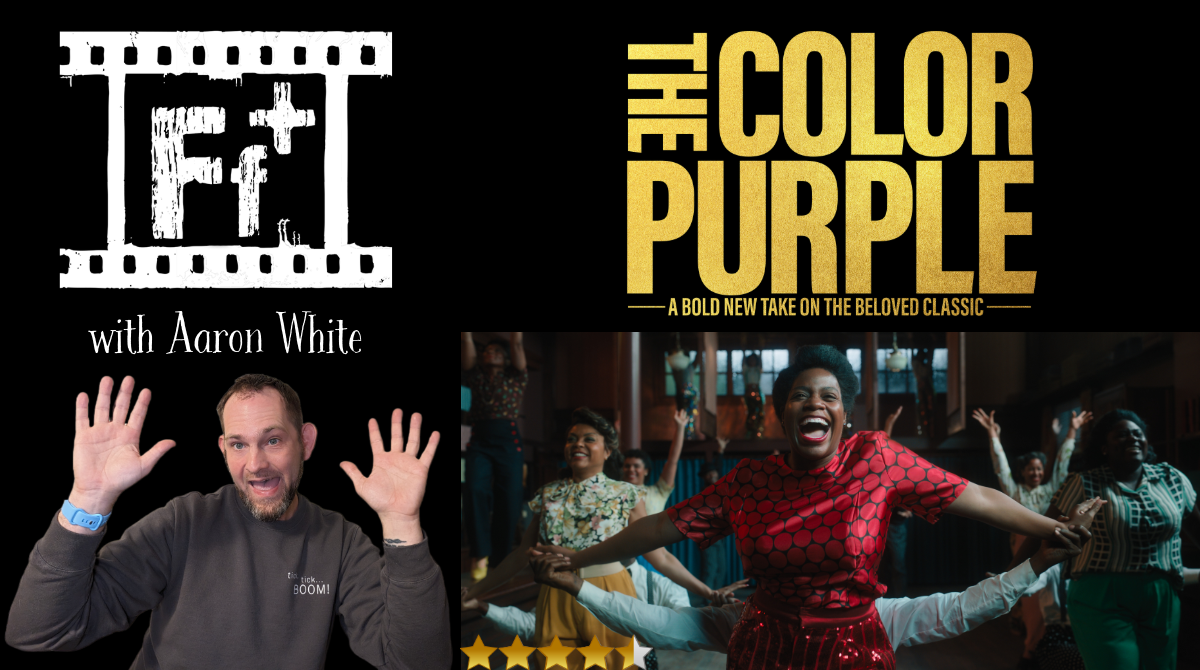
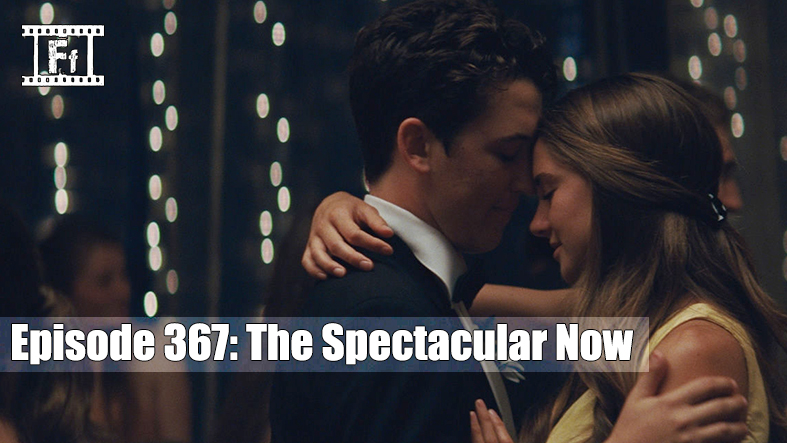
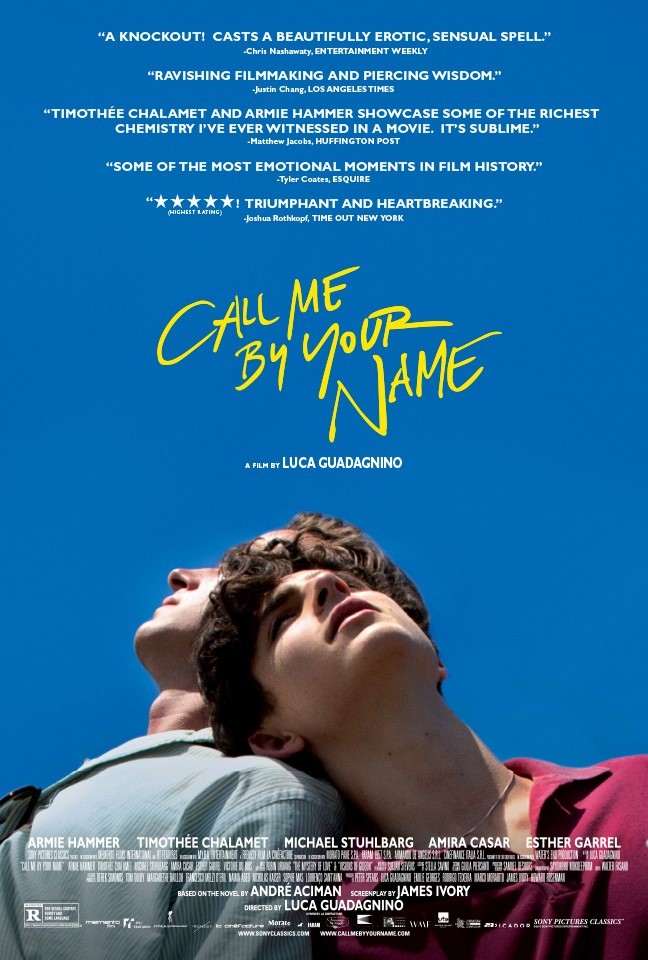
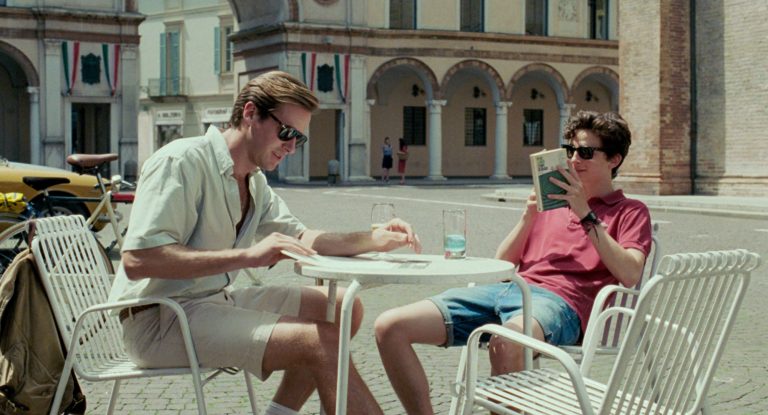

 Aaron White is a Seattle-based film critic and co-creator/co-host of the Feelin’ Film Podcast. He is also a member of the
Aaron White is a Seattle-based film critic and co-creator/co-host of the Feelin’ Film Podcast. He is also a member of the 